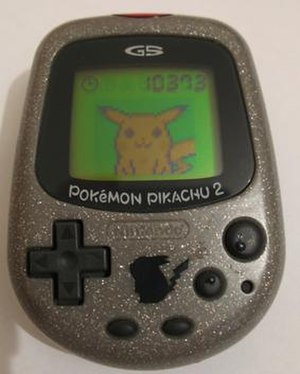Dear Language Nerd,
What exactly is onomatopoeia?
From Anna
***
Dear Anna,
First off, onomatopoeia is one the very few words in English spelled with four vowels in a row (there are none with all five, sadly). Second and more usefully, onomatopoeia is words that represent real-world sounds. Does this blow your mind? Give it a chance and it could, just a little bit. Most words are random symbols, with no relation to what they stand for. The word “tree” is in no way reminiscent of a tree, and “cat” doesn’t have anything to do with cats. This is one reason why learning a new language is so hard – you have to memorize new random mysterious blocks of sound. Onomatopoeic words are among the very few exceptions to this rule. “Meow” really is a representation of the sound a cat makes, and “whoosh” is an attempt to spell out the sound of wind racing through the leaves.
Now, English has a paucity of onomatopoeic words. We use them in poems sometimes, and children’s books, maybe comics and advertising. Other languages take their onomatopoeia much, much more seriously. Japanese has more than three times as many as we do (Korean has even more, but I think I’ve written plenty about Korean for now). In Japanese, onomatopoeia is part of conversation at all levels of formality and all ages, and it goes waaay beyond what we expect our onomatopoeia to do.
降る Furu, for example, means “to rain.” In English, if we want to show a particular rain type, we change the verb – it drizzles or it showers or it storms. In Japanese, you add onomatopoeia.* ぽつぽつ Potsu-potsu is the plunking sound of slow drops, so ぽつぽつと降る potsu-potsu to furu is to sprinkle, to rain big heavy drops intermittently. ざあざあ Zaa-zaa, on the other hand, is the sound of rushing water, like in a river, so ざあざあと降る zaa-zaa to furu is pouring rain. A miserable drizzle is しょぼしょぼと降る shobo-shobo to furu, and that leads us to a weirder aspect of Japanese onomatopoeia: they’re often used to mimic sounds for things that don’t actually make sounds.
These are technically split into a separate group, mimetic words (I love it when names make sense), but they’re often related to a regular onomatopoeia. So it can rain shobo-shoboly, and that’s a real noise, a constant depressing drizzle. But you can also blink your eyes shobo-shoboly, blearily or weakly, like you might blink out at the miserable drizzly world outside, and unless you have unusual eyelids, it probably won’t make much of a noise. In fact, you can do anything shobo-shoboly if you do it gloomily enough. You can read a book shobo-shoboly, or smell a flower, or sit and think. Go shobo-shobo nuts! But not with too much enthusiasm or it won’t be shobo-shobo anymore!
Another example is ガンガン gan-gan, a pounding noise. It can be used for the noise of knocking hard on the door, but it’s also used in 頭がガンガンする “my head is doing gan-gan,” i.e., I have a terrible headache. But there doesn’t have to be an actual noise-related word to work metaphorically out from. A mimetic word can just express a state or situation or kind of movement. The most famous of these words in the US is probably ぴかぴか pika-pika, and yes, I do mean that pika-pika. It means to sparkle or gleam, especially with cleanliness, as in “You still haven’t eaten your vegetables? That plate better be pika-pika in five minutes, or your pie is going straight to Rover.” Pikachu’s チュウchuu is a regular onomatopoeia, for the noise a mouse makes. The Japanese words for onomatopoeia and mimetic words are giongo and giseigo, respectively, just in case you’re interested in looking up more yourself.
A few more of both types:
Mimetic words are considered to be as natural as onomatopoeia. One of my strongest memories of Japanese class is the teacher introducing a group of mimetic words and a group of situations and asking if we could match any of them together before being taught. Didn’t one of the words just sound like clothes being too big? What, koso-koso? Really? Man, students are weird.
Yours,
The Language Nerd
*At this point I finally started spelling “onomatopoeia” right on the first try.
Got a language question? Ask the Language Nerd! asktheleagueofnerds@gmail.com
Or: Twitter @AskTheLeague / facebook.com/asktheleagueofnerds
Reeeeeferences!
Stuff about English onomatopoeia is from my standbys, the OED and Crystal’s Encyclopedia of the English Language.
Best Japanese dictionary on the internet.
And two interesting articles about trying to translate Japanese:
And finally, Georgia Ivanova’s study on phonological similarities in groups of mimetic words, “Sound-symbolic approach to Japanese mimetic words,” available through Google scholar.

